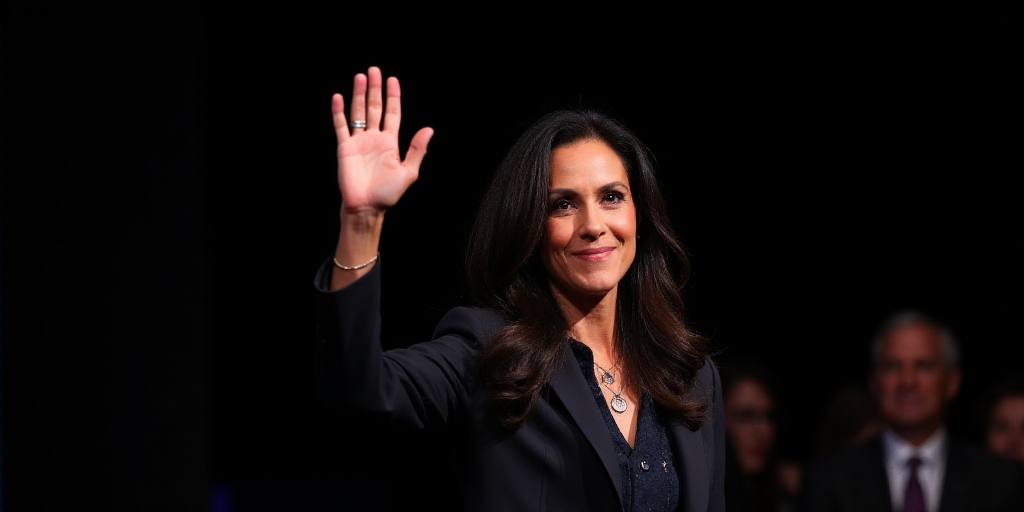Background on Adriana Kugler and Her Relevance
Adriana Kugler, a Federal Reserve governor, has been a significant figure in the discussion of the US-China trade tensions and their potential economic repercussions. As a member of the Federal Open Market Committee, Kugler plays a crucial role in shaping monetary policy and assessing the economic outlook. Her insights on the trade pact’s implications are highly regarded among economists and financial analysts.
Key Points from Kugler’s Statement
Trade Pact Reduces Tariff Pressure:
Kugler stated that the US-China trade agreement, which includes a 90-day pause in tariffs at levels threatening to halt bilateral trade, lessens the likelihood of the Federal Reserve lowering interest rates in response to economic slowdown.
Tariffs Remain Elevated, but Impact Will Be More Moderated:
Kugler acknowledged that the remaining tariffs are still substantial and will likely result in increased prices and economic deceleration. However, she expects these effects to be more moderate than initially anticipated.
Additional Perspectives from Fed Officials
Austan Goolsbee, President of the Federal Reserve Bank of Chicago:
Goolsbee agreed with Kugler, stating that the weekend agreement would reduce the impact of tariffs on the economy for now. However, he warned that the tariff rate is still three to five times higher than before, which will contribute to stagflation—slower growth and rising prices.
Long-term Implications of the Trade Conflict
Potential Damage to US Reputation:
Kugler highlighted that the trade conflict could have profound implications for the United States, including harm to its reputation that might drive investors elsewhere. She emphasized the importance of how global supply chains reorganize if this trade tension persists.
Challenges for the Federal Reserve:
Kugler pointed out that the ongoing trade tensions create difficulties for the Federal Reserve in gauging economic growth rates, as recent data has been distorted by businesses and households attempting to avoid import tariffs.
Key Questions and Answers
- Q: How will the US-China trade pact affect the economy?
A: The agreement will lessen the impact of tariffs on the economy, at least temporarily. However, tariffs remain elevated, which will likely result in increased prices and slower economic growth.
- Q: What are the long-term implications of the trade conflict for the United States?
A: The trade conflict could harm the US reputation, potentially driving investors to other countries. Additionally, there are concerns about how global supply chains will reorganize if this tension persists.
- Q: How does the trade pact influence Federal Reserve policy?
A: The tariff pause reduces the likelihood that the Federal Reserve will lower interest rates in response to an economic slowdown.
- Q: What challenges does the Federal Reserve face in assessing economic growth?
A: The ongoing trade tensions make it difficult for the Federal Reserve to accurately gauge economic growth rates, as recent data has been skewed by businesses and households attempting to circumvent import tariffs.






